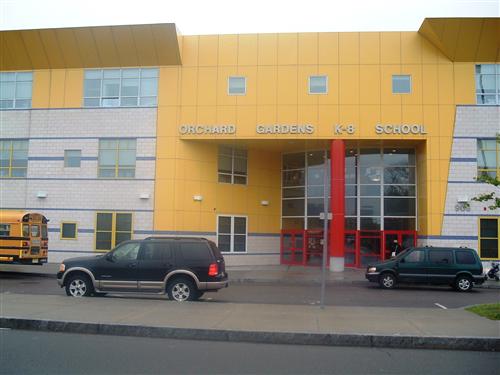Trauma-Informed Practices in Classrooms: Establishing Measures in #90days
What do children bring with them to school? Their backpack, a jacket, maybe a folder and some paper, a pencil…At first, this sounds like a pretty simple question and answer. After working closely with Dr. Neena McConnico, the director of Child Witness to Violence, and Dean Stefani Harvey from Orchard Gardens Pilot School to implement trauma-informed practices into schools, VISTA Meghna Nandi has learned that the situation is actually much more complex. A lot of what children bring to school we often cannot see with our own eyes. Students carry their experiences with them – what they see at home, what they see in their community, what happens when they are not at school. These experiences color children’s perspective of the world and shape the way they interact with their environment – which inevitably affects their ability to learn. Trauma-informed practices in classrooms acknowledge that learning is not separate from a child’s outside experiences and that for all children to feel safe, supported, and ready to learn at school, we need to be aware of and respond to the ways in which traumatic events affect students. In the following post, Meghna reflects on the foundations of Vital Village’s collaborations around trauma-informed practices in schools and describes how our multi-disciplinary team has developed and used measurement tools since attending the Leadership Summit.



